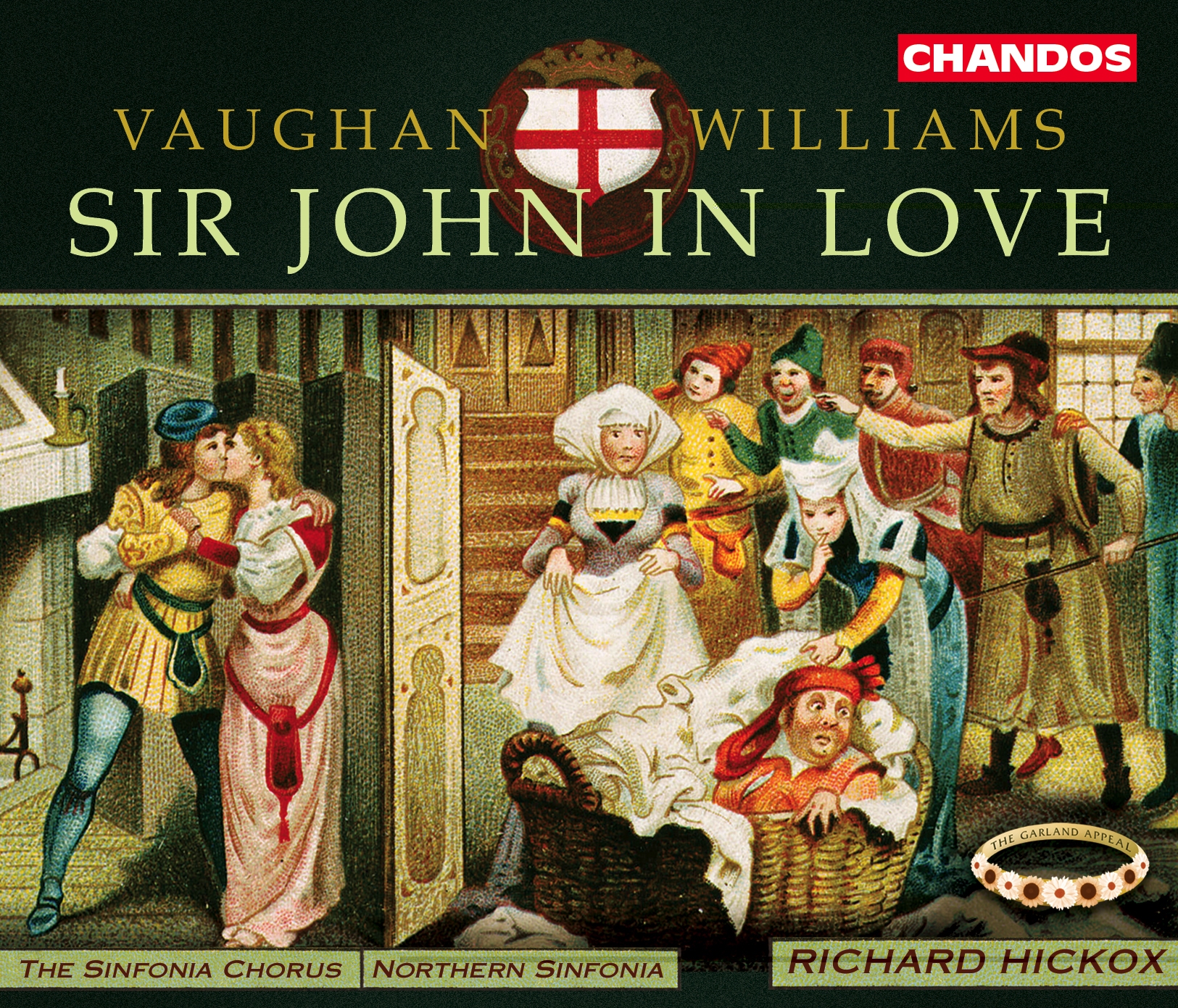
A member of the Darwin and Wedgewood families, Vaughan Williams had independent means, which meant he could afford to follow his artistic interests. He loved opera and theater and composed far more incidental music and ballets than people usually give him credit for. He wrote five operas: Hugh the Drover, The Poisoned Kiss, Sir John in Love, Riders to the Sea, and The Pilgrim’s Progress. None of them have held the stage. Until the advent of Britten’s Peter Grimes, no British opera did, and the native tradition was distinctly spotty. Vaughan Williams’s most distinguished predecessors were Sullivan (the operettas) and Holst (Savitri). VW began working on Poisoned Kiss, Sir John, and Riders at roughly the same time, but the three works couldn’t differ more. Poisoned Kiss, a comic operetta on the same idea as Hawthorne’s «Rappaccini’s Daughter.» Sir John is the most conventional of VW’s operas. The composer himself capably adapted Shakespeare’s Merry Wives of Windsor and added Elizabethan lyrics (and a French folk song) for arias from Shakespeare, Ben Johnson, Campion, and others. He also sprinkled in some English folk tunes (which occupy a grand total of 15 minutes of the score), some for dramatic point (like «John, come kiss me now» and «Greensleeves»), some just because that’s what he wanted at that moment. He wrote the opera with the knowledge that it would probably sink without a trace, but the tunes were just too good to lose. He recycled some of the numbers as the cantata In Windsor Forest and allowed an arrangement for strings, flute, and harp by R. Greaves, the Fantasia on «Greensleeves», which became a VW hit.







Hi Laura - It’s been a number of years since we last saw each other which might have been the St Francois d’Assis
Hi Laura Hello from Singapore! Big fan of your technique videos and performances on Youtube. Been a singer for about
Hello Ms Claycomb, hope everything is well with you. i am Tata, live in Boston and study vocal. I found your v
Hi Laura, It has been great to find this. I have admired you since our days in NATS (I was in OK at OCU). I don't know i